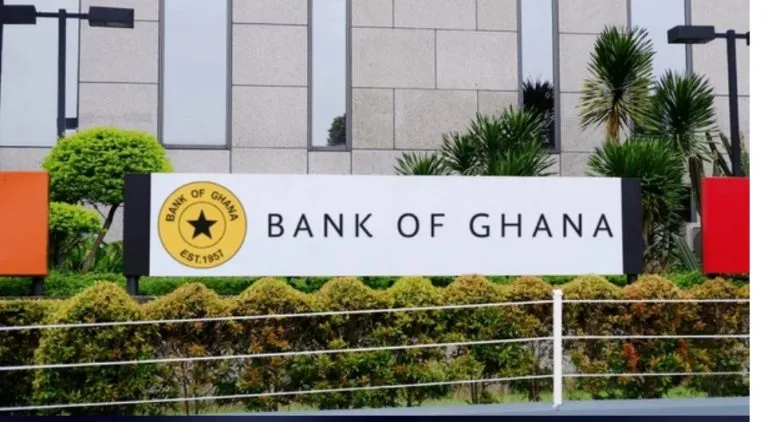
President John Mahama has revealed that the Bank of Ghana (BoG) has withdrawn its interventions in the foreign exchange market, a move that has exposed both the strengths and weaknesses of the cedi.
Speaking at his maiden media encounter on Wednesday, September 10, the President explained that the withdrawal came after months of steep appreciation of the currency.
“And so yes, Bank of Ghana has been intervening in the forex market, but they’ve withdrawn. And what happened was that, because of the rapid appreciation in the value of the cedi, we saw an exponential increase in imports, because then people could buy cheaper dollars, and so they could import more, which is a natural economic phenomenon.
“But on the other side, exporters are not happy, because they get fewer cedis for what they export.”
The President argued that the country must strike a delicate balance between protecting exporters and not overburdening importers.
“And so every country tries to find out a balance where exporters are able to do good business and importers are not overburdened by high Forex, eh, rates? Where that lies? I don’t know. I’m not a central bank, but the cedis is making an adjustment, and I believe that it will settle at a certain rate, and we will make sure that any depreciation that occurs in the value of the cedis is within a margin of about 5% per annum. That is what we we target.”
He recalled that questions were raised when the cedi dropped sharply against the dollar. “There was one occasion where I said people were asking whether it will go below ¢10, and I said, it is dropping, but it will find its true value. It was undervalued at ¢16, and it probably is overvalued at 10, but somewhere between there we have the real value of the cedi.”
President Mahama also highlighted the difficulties caused by volatility. “When you have steep depreciation of about like we had in 2024, 25% depreciation in the currency in the first half of the year, it makes planning difficult.”
He linked part of the challenge to reduced inflows from abroad.
“It’s also seen that it coincided with a period where we saw a reduction of 50% in remittances, because citizens in the diaspora were taken aback by the rapid appreciation of the cedi.
“And so if somebody was building a house, if he was going to send $100,000, it meant that he was losing a certain percentage of that $100,000 and most of them would decide to adopt a wait-and-see attitude and say, Oh no, ask for cedis. It’s not possible that the cedi can regain its value to that extent.
“By all means, it will go up again, so I’ll hold back my remittance until the cedi goes back up. So we saw a 50% reduction.”
The President added that investigations had uncovered disturbing practices.
“There were also some other factors. Some money transfer companies were collecting dollars abroad and not repatriating them.
“There were other cases where people applied through the commercial banks for foreign exchange to cover imports, and those monies are transferred to pay for imports, but the imports never came into Ghana.”
According to him, the scale of the problem is massive.
“And we’ve studied for a period of four years. And every year over the period of four years, about $42 billion was taken out of this country without the corresponding imports coming into the country.
“And so we started sanctioning some banks, and soon will start interrogating some individuals who ostensibly took money out against imports, but never brought those imports.”
President Mahama stressed that such abuses threaten the economy.
“We want to know what happened and if there was wrongdoing, to sanction whoever it is. While we work to stabilise our economy and improve the value of our currency, we must protect that currency, because a good, strong cedi is good for all of us.
“But when that happens, some people try to take advantage of it, and I think that we should all condemn anything like that.”
DISCLAIMER: The Views, Comments, Opinions, Contributions and Statements made by Readers and Contributors on this platform do not necessarily represent the views or policy of Multimedia Group Limited.
DISCLAIMER: The Views, Comments, Opinions, Contributions and Statements made by Readers and Contributors on this platform do not necessarily represent the views or policy of Multimedia Group Limited.
Source: myjoyonline.com










